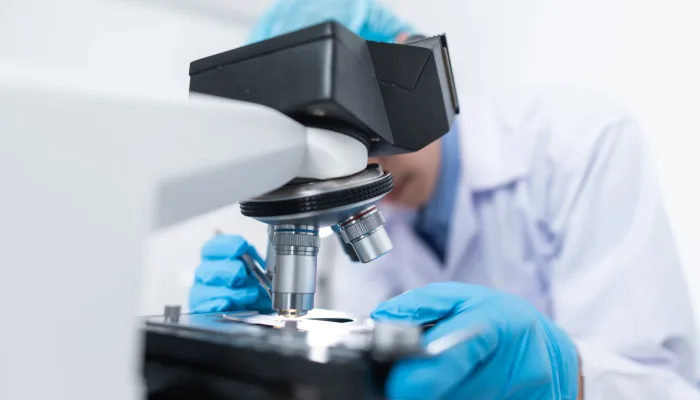- Home
- Pap Smear
Pap Smear
Pap Smear
The Pap smear is a screening test for premalignant alterations in cervix cells, which can be treated to avoid invasive cervical cancer in the future. Because many abnormal Pap smears will return to normal on their own, doctors do not usually prescribe biopsies for abnormal Pap smears.

Results Explained
Unsatisfactory
A retest is required as soon as possible.
Absent Endocervical Component
The test was unable to proceed due to a lack of cells. Some populations, such as Chinese women, are more prone to this. This does not indicate that the test is abnormal, but it does indicate that there is a lower degree of confidence in the test and that it should be repeated in around 3 months.
WNL (within normal limits)
A Pap smear that is WNL (within normal limits) should be repeated at regular intervals.
BCC (Benign Cellular Changes)
These include infections, atrophy, radiation, and repair; Pap smears should be revisited six months after treatment.
ASCUS (Atypical Glandular Cells of Undetermined Significance)
It appears to be cytopathic, but not cancerous. A vaginal infection may have generated this extracervix cell lesion. Human papillomavirus (HPV) infection causes around half of all ASCUS cases. The majority of people will return to their normal lives. To establish the need for colposcopy, a Pap smear or HPV DNA test should be performed every 4 to 6 months.
AGUS (Atypical Glandular Cells of uncertain significance /Atypical Glandular Cells of Undetermined Significance)
Abnormal cells were discovered in the cells of the inner cervix. Infections or changes in the cells on the surface of your cervix can cause AGUS. You might need a repeat Pap smear every three months, or you might need a colposcopy.
LGSIL (Low Grade Squamous Intraepithelial Lesion)
LGSIL is a common cervix cell disease that arises frequently when the HPV wart virus is present. Even if you and your sex partner are monogamous and have never had visible warts, these changes in the cervix can occur. LSIL changes usually improve over time. The use of colposcopy and a cervical biopsy is advised.
HGSIL (High Grade Squamous Intraepithelial Lesion)
If left untreated, HGSIL (Significant Grade Squamous Intraepithelial Lesion) has a high chance of turning into cancer. Colposcopy and treatment by a gynecologist are both recommended.
Inflammation
Cervical inflammation is quite common and normally does not indicate an issue, however it can cause mildly abnormal Pap smears. When the inflammation is treated, the tissues normally repair themselves, and a repeat Pap smear in a few months will typically return to normal.
Hyperkeratosis
This result indicates a finding of dried skin in the sample. A cervical infection or the use of a cervical cap or diaphragm can cause this alteration in the cells of the cervix. You are required to take another Pap smear within 6 months.

